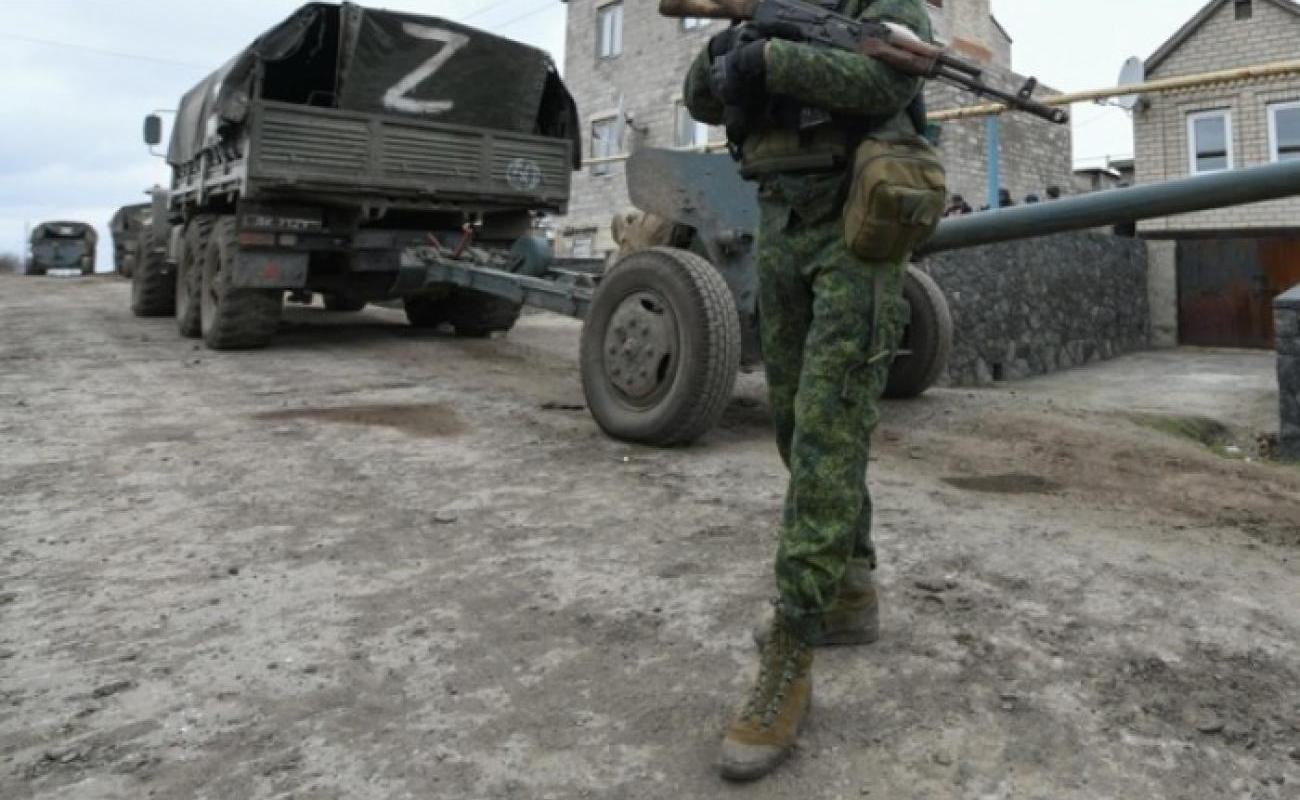Russian army: an overrated force

Russian President Putin was apparently confident of a quick victory at the beginning of the invasion of Ukraine. But that turned out to be illusory - as the announced mobilization shows. But how strong is the Russian army?
After the collapse of the Soviet Union, Moscow did everything to maintain its superpower status and remain a permanent member of the UN Security Council. Since it could not justify this status with its economic strength, Moscow justified it militarily.
Russia has atomic weapons, and for decades it has also been claimed to have one of the largest and most effective armies in the world. To maintain this belief, President Putin regularly supplied the world with images of perfectly choreographed military parades in Moscow or from military exercises.
But the strength of an army is not proven by parades on the Red Square, but in the trenches on the battlefield. And right there, the Russians in the east of Ukraine were humiliated by a much smaller army, one that practically did not exist until a few years ago. How is that possible?
How big is Putin's army really?
On paper, the Russian army numbers one million soldiers, in the future even 1.1 million, says Margarete Klein from the Science and Politics Foundation. But in an interview with DW, she points out that the real figure is lower. Because, as he says, most of the units are already involved in the war in Ukraine, where they experienced great losses in manpower. The exact figures are not known, but the US secret service CIS believes that Russia is recording tens of thousands of dead and wounded.
Russia must now mobilize reserves to fill the gaps created by combat losses, explains Margarete Klein.
The regiments deployed in the Asian part of Russia in peacetime have suffered the most so far, George Barros from the American think tank Institute for the Study of War told DW. And he adds that it is not realistic that Russia has reserves of soldiers ready to fight. In his opinion, the current course of the war in Ukraine shows that the world overestimated the strength of the Russian army.
To the battlefield without training and equipment
The real state of the Russian army is also shown by the fact of who is mobilized now. "There are men over 50 who have health problems," points out George Barros. He adds that this is confirmed by numerous posts on social networks.
Many of them have to go to the battlefield already after one or two months of training, which is not enough, warns Barros, adding that some do not even receive such training and are often sent to war without proper equipment. This defense expert expresses doubt that such reservists can achieve military success. "The number of dead and wounded could only increase," he believes.
And Russian security expert Pavel Luzin shares this opinion. He currently resides in the USA. Luzin is convinced that Ukraine will continue to fight regardless of the referendums in the occupied territories. And that the Russian military industry is not able to supply equipment for all mobilized reservists in the short term.
True, there are still old weapons and ammunition from Soviet times, adds Margarete Klein. But it is not certain whether a large part of these weapons has not been sold a long time ago and whether what is left is usable at all. Russia's military industry lacks chips for modern weapons, as well as other parts, Klein says.
For success in war, numerous components are necessary, says George Barros: soldiers, modern weapons, good training, command, motivation, logistics. "Simply sending more men to the battlefield will not solve the problem the Russians have," Barros says. He adds: "The Ukrainian offensive is not over." He believes that the Russians are currently lucky if they manage to preserve their existing positions.
The threat of atomic weapons to intimidate the West
Our interlocutors are united in the opinion that the threat of atomic weapons serves to intimidate the West. The goal is to prevent Western support for Ukraine, says Margarete Klein from the Science and Politics Foundation. And he adds that the use of atomic weapons would not have any effect from a military point of view. She considers the use of these weapons unlikely, because it could result in Russia losing the support of China or India.
But CATO's Ted Carpenter says, "If Putin is faced with the choice of using atomic weapons or having to answer for his crimes in some international court, he will choose the nuclear option." He also believes that Russia wants to end it as soon as possible. war and that the West and Ukraine should show readiness for negotiations.
But Margarete Klein and George Barros do not believe that the war will end quickly. In their opinion, Putin hopes that the West will stop supporting Ukraine. The outcome of the war depends on this support, says Klein. This war can only really end if Russia suffers a total defeat, Russian security expert Pavel Luzin is convinced.
